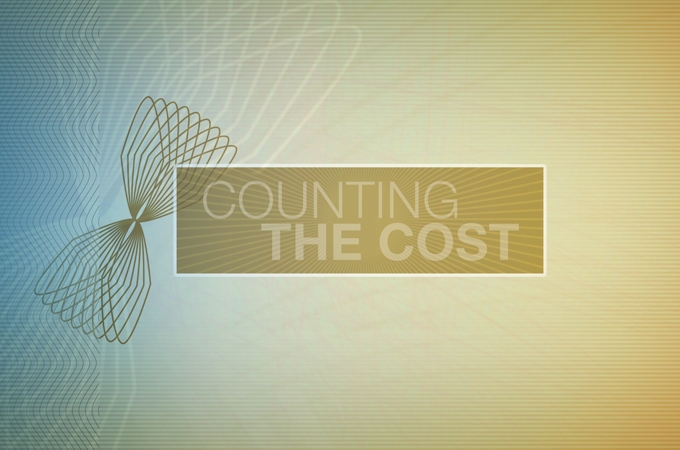
Switzerland: A banking paradise lost
The Swiss banking industry’s secrets are out and new treaties mean it is no longer a haven for the world’s tax cheats.
For centuries, Switzerland has been a peaceful haven; its mountains wrapped in majestic mystery and its banking in centuries of secrecy. But for the world’s tax cheats, Switzerland is now a paradise lost. Foreign governments are prying open the $2 trillion offshore banking business in the country with tax treaties.
It all started with a former UBS banker who spent two-and-a-half years in prison for helping wealthy Americans avoid paying their taxes. It is a story that would have gone unnoticed had it not been for the fact that the Internal Revenue Service awarded that man $104m for revealing the secrets of the Swiss banking industry. It is believed to be the biggest whistle-blower award ever. And it heralded in a new era – no longer could the Swiss banking industry keep its secrets.
Keep reading
list of 4 itemsBoeing hit with 32 whistleblower claims, as dead worker’s case reviewed
US imposes new sanctions on Iran after attack on Israel
A flash flood and a quiet sale highlight India’s Sikkim’s hydro problems
UBS, the Swiss bank at the centre of the whistle-blowing, agreed to pay a $780m fine. But the US is still investigating more Swiss banks. And other nations are now also pursuing the Swiss banks, including the UK, Austria and Germany – all keen on clawing back tax on some of the $2 trillion of wealth that foreign clients have stashed away there.
The deals with the UK, Austria and Germany will allow foreign clients to remain anonymous, but the Swiss banks and government will collect one-off tax on their accounts, averaging 25 per cent, for the foreign governments. In the future, the Swiss will tax foreign accounts’ interest and dividends at British, Austrian and German tax rates.
The Austrian and British treaties have already been ratified and will come into effect on January 1. In Germany, however, there is a problem – Socialists do not like the Swiss-German tax treaty and are calling it a gift to rich people.
But how are the Swiss responding to all this? Is their famous neutrality still intact?
Counting the Cost talks to Kaspar Villiger, the former president of Switzerland. He was also previously the chairman of the Swiss banking giant UBS, so he is very familiar with the banking and taxation sector. We also spoke to him about Switzerland’s place in Europe – an island in a sea of drama – remembering that Switzerland is neither a member of the EU, nor the eurozone, but does most of its business there.
Somalia’s blessing, Somalia’s curse
Somalia’s 3,000km coastline, the longest in Africa, has been both a blessing and a curse to its people.
Piracy is a well-organised industry worth millions of dollars. And Somalia has been at the heart of it. That has meant that the shipping and fishing industries have taken a real hit. But now that things are starting to settle down on land, Somali fishermen are prepared to push the boat out even further to get their livelihoods back.
At the moment, Somali waters are basically a free-for-all – for pirates, big fishing vessels and ships dumping toxic and even nuclear waste. The international community says the only solution is an exclusive economic zone so Somalis can manage their own natural resources.
What makes an athlete marketable?
Since the downfall of Lance Armstrong, the seven-time Tour de France winner who was implicated by 11 former teammates in what may be the biggest drugs scandal ever in sport, his sponsors have been dropping him like hotcakes.
The whole business of sports endorsement is arguably becoming bigger than the sports themselves. Some athletes have managed to take their earning power to another level, thanks to the world of commercial endorsements.
But what is it that makes an athlete marketable? Counting the Cost investigates.
Watch each week at the following times GMT: Friday: 2230; Saturday: 0930; Sunday: 0330; Monday: 1630. Click here for more Counting the Cost. Follow Kamahl Santamaria @KamahlAJE and business editor Abid Ali @abidoliverali |
